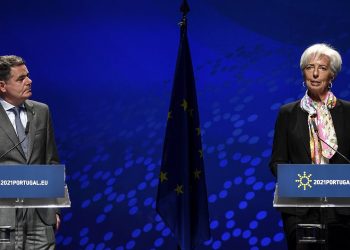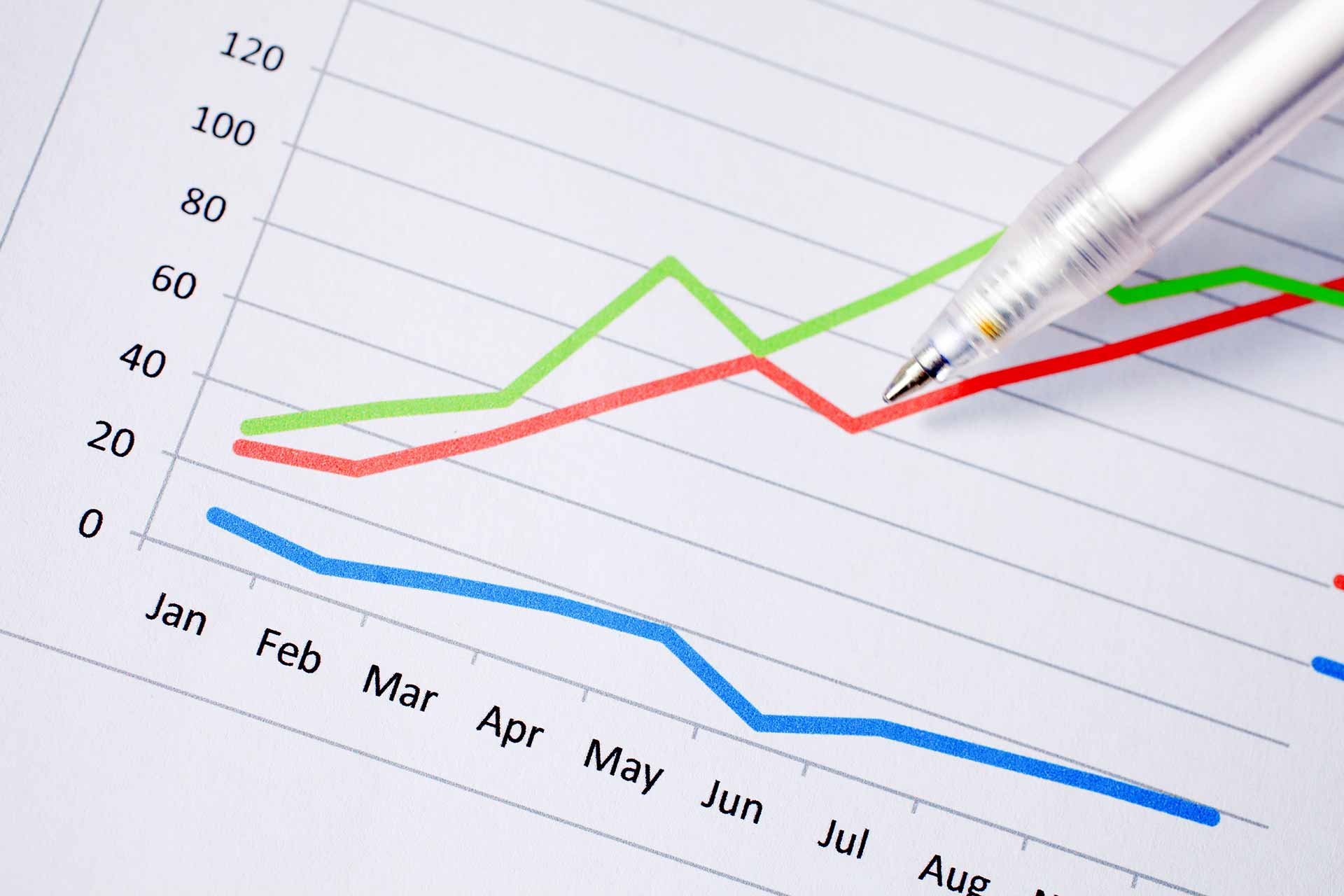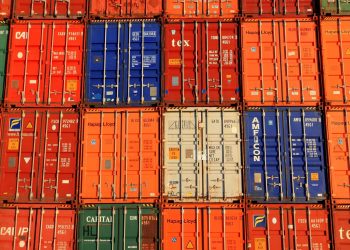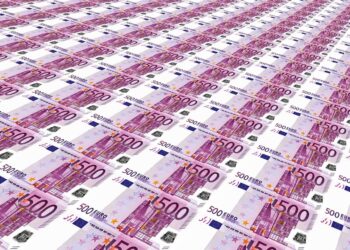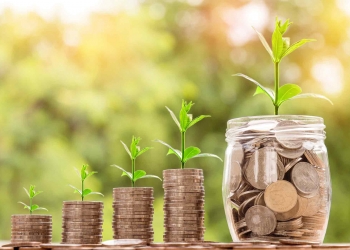The deadly coronavirus epidemic could put an already fragile global economy recovery at risk, the International Monetary Fund head told G20 finance ministers and central bank governors on Sunday. As the Group of Twenty industrialized and emerging market economies (G-20) finance ministers and central bank governors gather in Riyadh this week, they face an uncertain economic landscape.
The global economy is far from solid ground. While some uncertainties have receded, new ones have emerged. The truth is that uncertainty is becoming the new normal.
Working together, we can take the necessary steps to reduce uncertainty and put the global economy on more solid footing.
Kristalina Georgieva, IMF
The coronavirus is our most pressing uncertainty: a global health emergency we did not anticipate in January. It is a stark reminder of how a fragile recovery could be threatened by unforeseen events. There are a number of scenarios, depending on how quickly the spread of the virus is contained. If the disruptions from the virus end quickly, we expect the Chinese economy to bounce back soon.
The result would be a sharp drop in GDP growth in China in the first quarter of 2020, but only a small reduction for the entire year. Spillovers to other countries would remain relatively minor and short-lived, mostly through temporary supply chain disruptions, tourism, and travel restrictions.
The global recovery at risk: IMF’s Kristalina Georgieva to G20
“The projected recovery… is fragile,” IMF chief Kristalina Georgieva said at the meeting in the Saudi capital. “The COVID-19 virus – a global health emergency – has disrupted economic activity in China and could put the recovery at risk,” she said.
Finance leaders of the world’s top 20 economies expect economic growth to slow down this year due to loose monetary policy, trade tensions and the effects of the coronavirus outbreak.
We have discussed the outbreak of coronavirus in China and other countries and all the G20 countries agreed collectively on being ready to intervene with necessary policies
Mohammed al-Jadaan, Saudi Finance Minister
Coronavirus puts global recovery at risk

From trade to the Coronavirus
Uncertainty is becoming the new normal
From trade to the #coronavirus, uncertainty is becoming the new normal. I believe that by working together on trade, climate and inequality, we can reduce uncertainty and put the global economy on more solid footing. Read my #IMFBlog on this topic: https://t.co/TKQbVgikjp #G20 pic.twitter.com/Hdvc9lNIIF
— Kristalina Georgieva (@KGeorgieva) February 19, 2020

In Saudi Arabia, Riyadh, Ms. Kristalina Georgieva, Managing Director of the International Monetary Fund (IMF), made the following statement at the G20 Finance Ministers and Central Bank Governors meeting:
In January, we projected global growth to strengthen from 2.9 percent last year to 3.3 percent this year. Since then, COVID-19 – a global health emergency – has disrupted activity in China. And let me say here that my deepest sympathies go to the people in China and other affected countries.
The Chinese authorities are working to mitigate the negative impact on the economy, with crisis measures, liquidity provision, fiscal measures, and financial support.
I have had an excellent discussion with Governor Yi Gang and other senior officials and assured them of our support for these policy measures.
While the impact of the epidemic continues to unfold, the WHO’s assessment is that with strong and coordinated measures, the spread of the virus in China and globally can yet be contained and the human tragedy arrested. We are still learning about how this complex virus spreads and the uncertainties are too great to permit reliable forecasting. Many scenarios can play out, depending on how quickly the virus is contained and how fast the Chinese and other affected economies return to normal.
We are still learning about how this complex virus spreads
In our current baseline scenario, announced policies are implemented and China’s economy would return to normal in the second quarter. As a result, the impact on the world economy would be relatively minor and short-lived.
Coronavirus: Italy on high alert and EU tests its readiness for COVID-19
In this scenario, 2020 growth for China would be 5.6 percent. This is 0.4 percentage points lower than the January WEO Update. Global growth would be about 0.1 percentage points lower.
But we are also looking at more dire scenarios where the spread of the virus continues for longer and more globally, and the growth consequences are more protracted.
Global cooperation is essential to the containment of the COVID-19 and its economic impact, particularly if the outbreak turns out to be more persistent and widespread.
To be adequately prepared, now is the time to recognize the potential risk for fragile states and countries with weak health care systems.
The IMF stands ready to help, including through our Catastrophe Containment and Relief Trust that can provide grants for debt relief to our poorest and most vulnerable members.


